|
After a week of green avalanche forecasts it might not be the best timing to talk about brushing up your knowledge and skills. Then again, the climbing is a bit limited right now so perhaps it is the perfect time to put a bit of effort into understanding how we can avoid being avalanched. We are blessed with a good number of excellent resources at our disposal and there is a new one out today. A new online avalanche awareness training initiative has been launched by The Snow and Avalanche Foundation of Scotland (SAFOS), with development support from member organisations Mountain Training Scotland and Glenmore Lodge. Aimed at individuals making critical decisions in the winter mountains, this free digital version of the ‘Be Avalanche Aware’ planning tool will enable hillwalkers, climbers, mountaineers and skiers to be more aware of the avalanche risks and the factors that influence their planning and journey decision making. Avalanche education has changed completely in the time that I have been working as a full time guide (22 years). Now, there is a focus on how to read an avalanche forecast and weather forecast to make decisions in the planning phase before you head outside. 70% of our decisions should be made in advance, and our observations on the day should confirm these decisions, while also being open to differences in the forecasts and what we observe and being able to react and change plan accordingly. Modern avalanche education like this reflects the fact that people who get hurt in avalanches often do so as a result of human factors influencing their decision making, not things to do with their understanding of the avalanche hazard. These heuristic traps or cognitive biases are very powerful and often go undetected by us as we enjoy our days in the mountains. Having a process to help us make decisions without human factors influencing us is very important. To take this even further, we also have James Thacker's excellent Crew Resource Management training. Crew Resource Management, a term first used in aviation, was introduced to mitigate the affects of heuristics and other human factors, but have since grown to encompass many ‘non technical skills’.
Non technical skills for skiers and mountaineers include: situational awareness, decision-making, teamwork and communication, leadership and task management and the application of these skills in the winter environment. For leaders, instructors and mountain guides working in the winter mountains, CRM behaviours and non technical skills can be used alongside existing decision making frameworks such as ‘Be Avalanche Aware’ (BAA). The winter mountains may not be your work place, but some of the behaviours and non technical skills will almost certainly be relevant to lots of recreational user groups in the mountains.
0 Comments
Your comment will be posted after it is approved.
Leave a Reply. |
AuthorMike Pescod Self reliance is a fundamental principle of mountaineering. By participating we accept this and take responsibility for the decisions we make. These blog posts and conditions reports are intended to help you make good decisions. They do not remove the need for you to make your own judgements when out in the hills.
Archives
March 2024
|
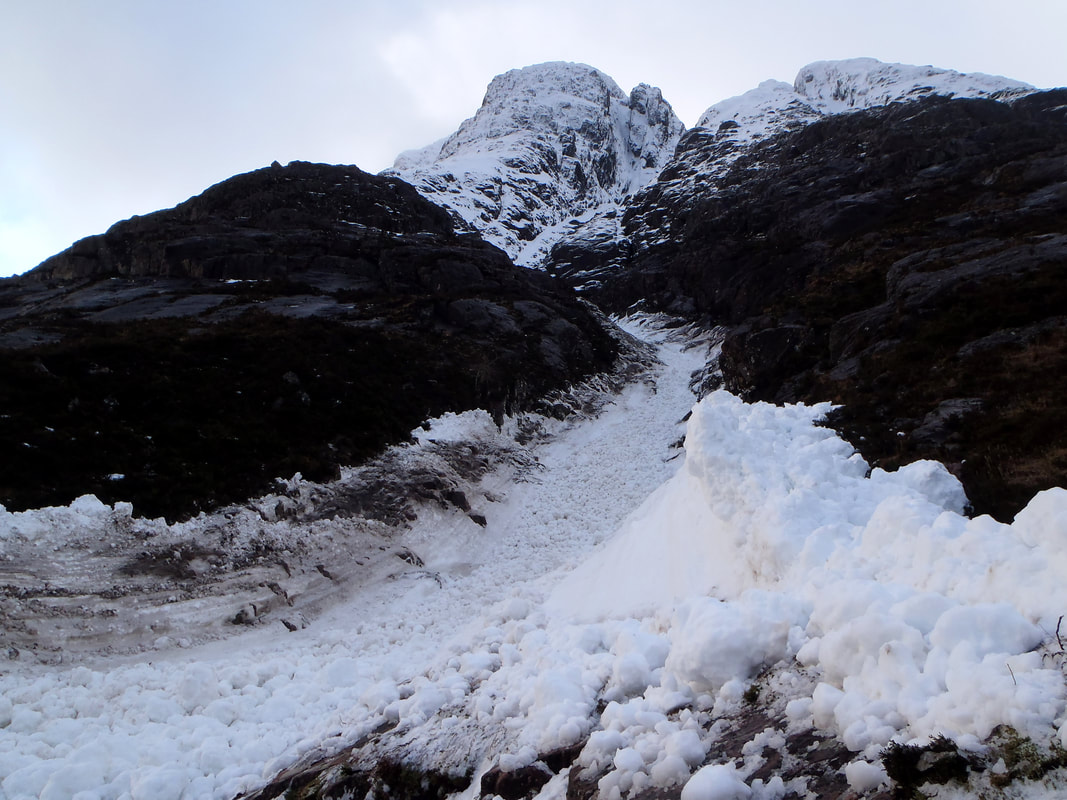
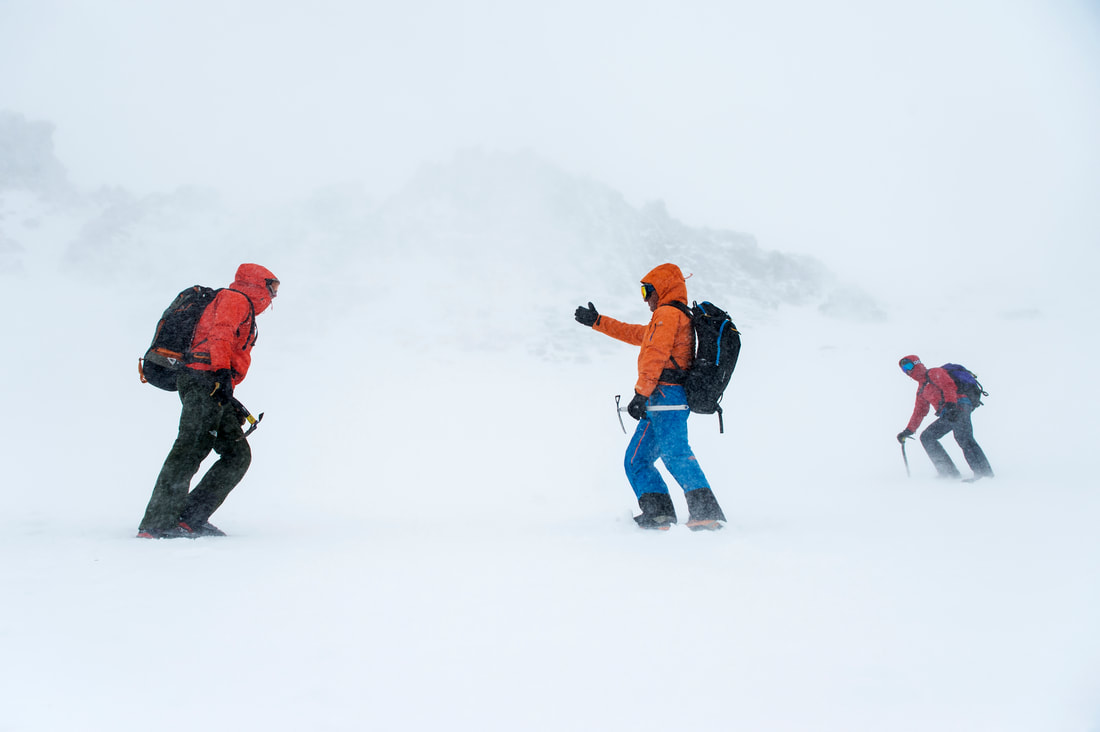
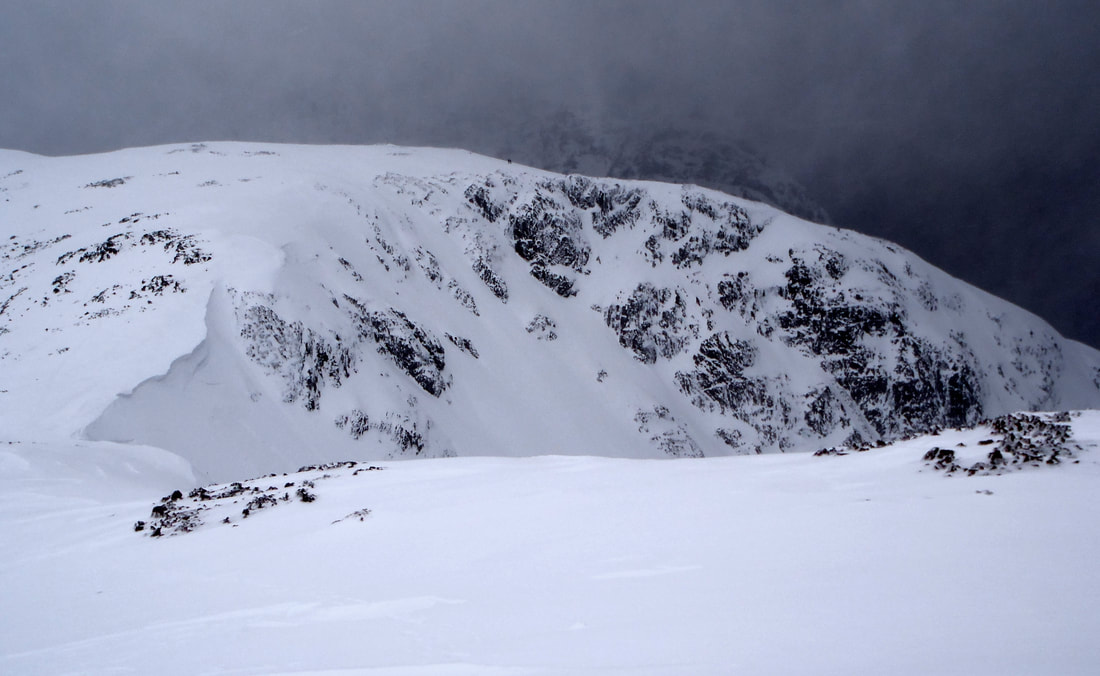
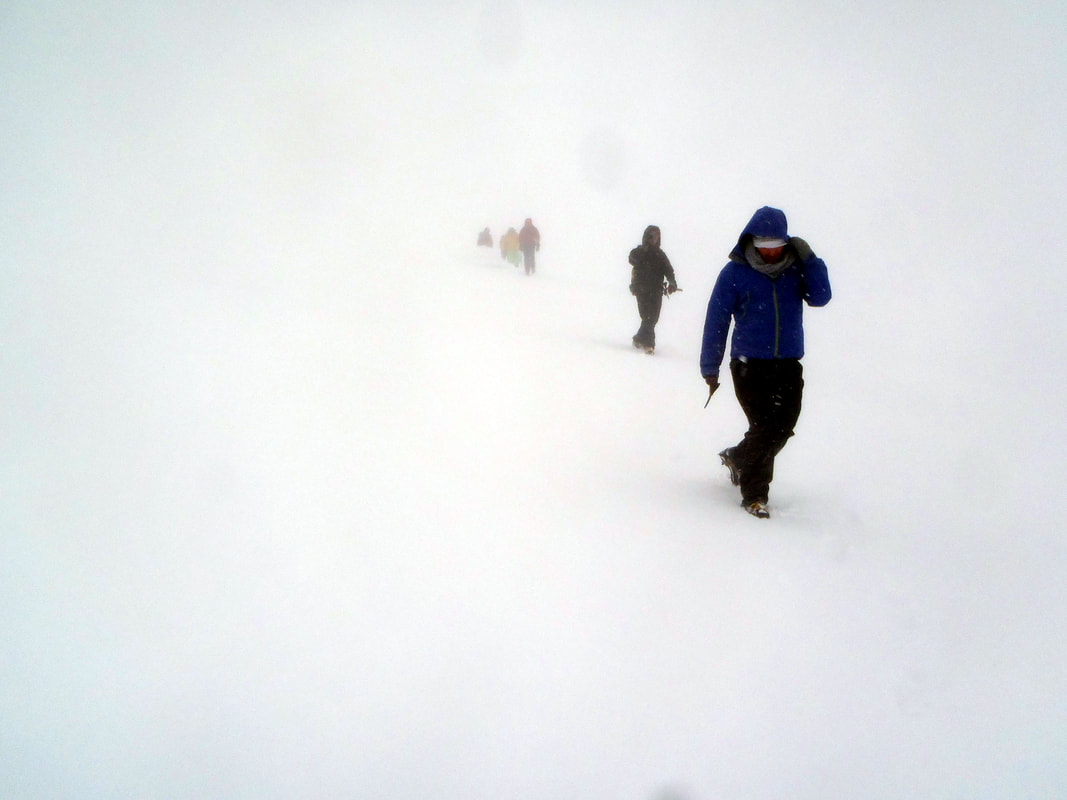
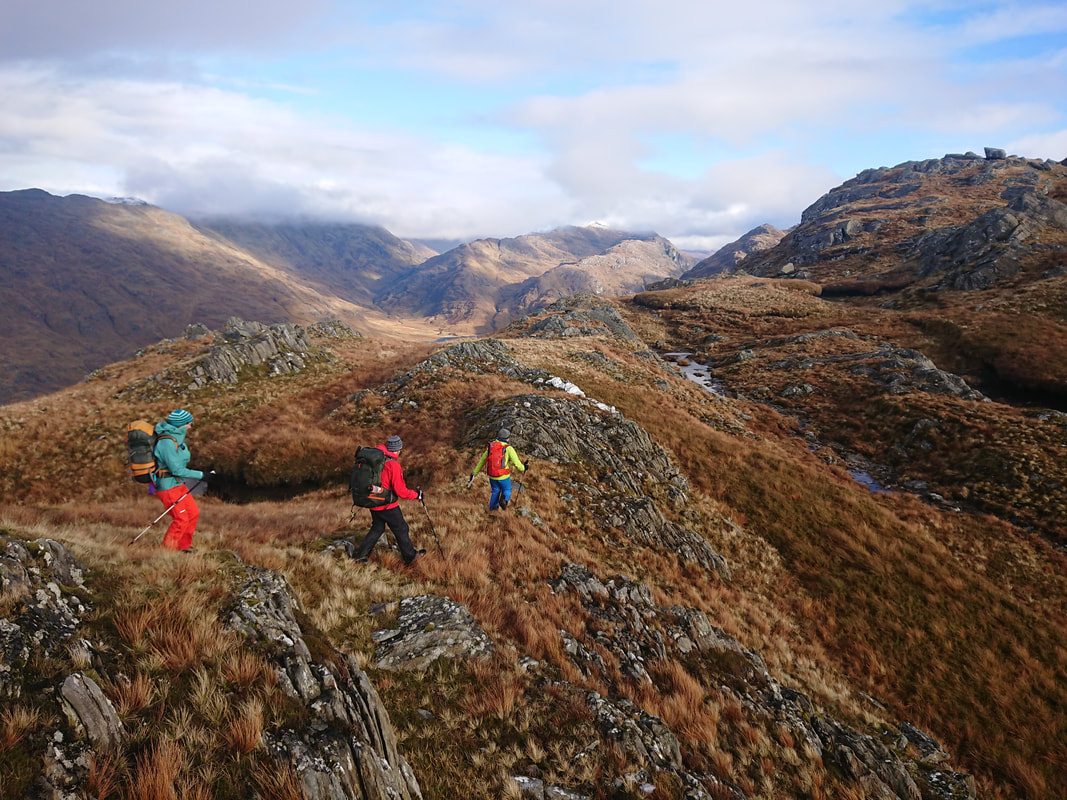
 RSS Feed
RSS Feed
